Column: An Exploration of Valentine’s Day
Photo credit: Stella Gage
Valentine’s Day aisles at several pharmacies. Around the time of this holiday stores are often filled with stuffed animals, cards and other small gifts.
Growing up, Valentine’s Day has meant a number of different thing to me. When I was younger, the holiday was a day for everyone to exchange candy grams, spend time with friends and maybe even finally tell your crush that you liked them with an overly cheesy card.
Over the years, however, the innocence of the day started to vanish. Suddenly all of the cards, candies and stuffed animals flooding the stores became a daunting reminder that I was either supposed to be in a relationship or wanting to be in one.
It was also around this time that the idea of “Galentine’s Day” began to emerge. I learned that this is for women who aren’t tied down on Valentine’s Day.
It is meant to allow them to focus on their friends and remind themselves that they are not as alone as the mainstream media is probably making them feel, filling magazines, storefronts and even local supermarkets with pictures of “happy” couples.
No one can go anywhere without being bombarded with these images, which subconsciously perpetuates the desire for girls to be like the pictures they are seeing.
My developing perception of Valentine’s Day that opened my eyes to the heteronormative and materialistic traditions that plague the holiday have made me question the way I feel about it.
A big question I have is: Are feminists allowed to like Valentine’s Day? And the answer is, of course we are. We’re also allowed not to like it.
Think about it. If we look past the limitations of the holiday, Valentine’s Day is, at its heart (no pun intended), about reminding the people that you love and cherish how much they mean to you.
So why is it so troubling for so many people? Celebrated traditionally, Valentine’s Day magnifies many of the very systems of domination that we work to critique and dismantle.
Coupledom, according to V-day, (a term which has been reclaimed) means, “you mean something.”
The word insinuates that you have worth. It says that the singles are just waiting for the right one to come along and that they are incomplete until that happens.
I do think, however, that understanding the problematic aspects of the holiday and finding your own way to feel comfortable celebrating it, regardless of relationship status, sexuality or gender can make it incredibly fun.
This Valentine’s Day, I will try my best to celebrate it in a way that works to reclaim what it has come to represent and promote kindness and love.
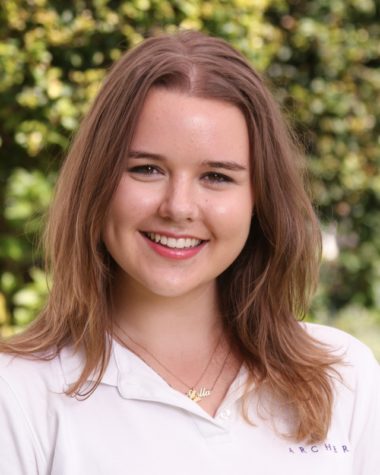
Stella Gage became a columnist for the Oracle in 2016. After taking Womens' Studies during her junior year, Stella was inspired to learn more about feminism...




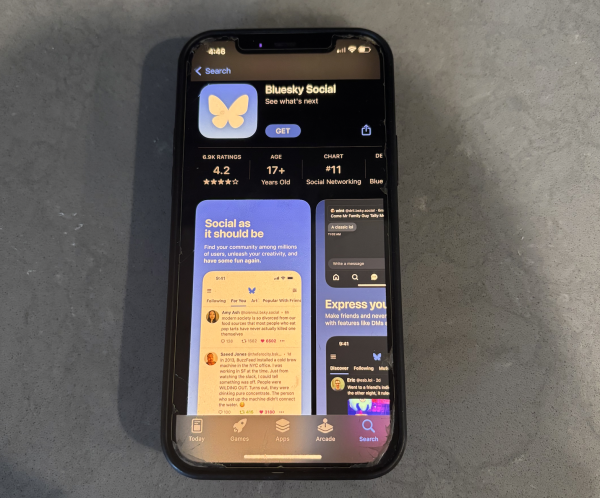
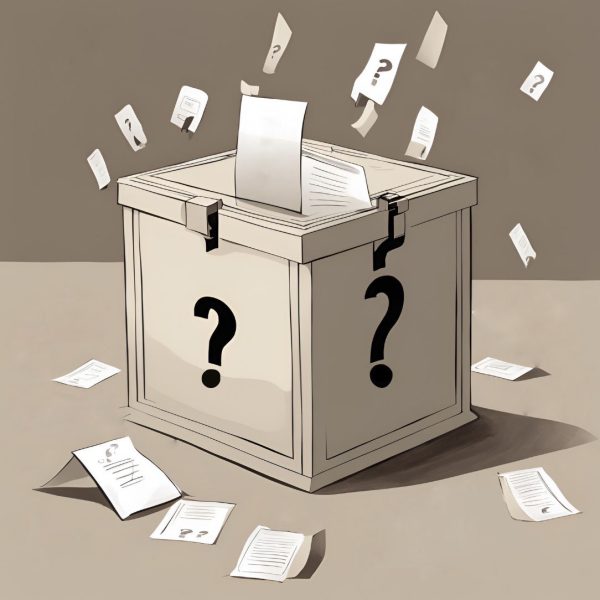

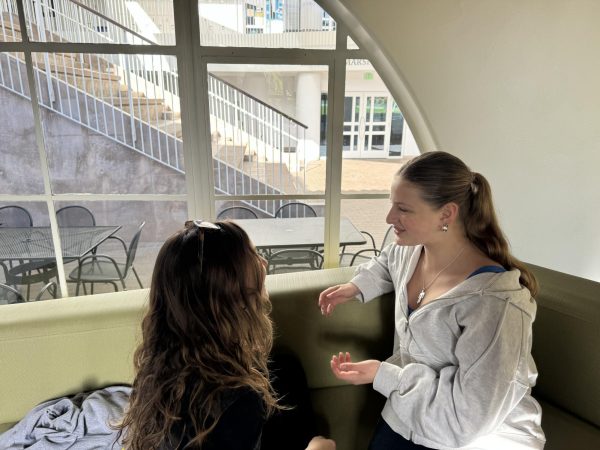
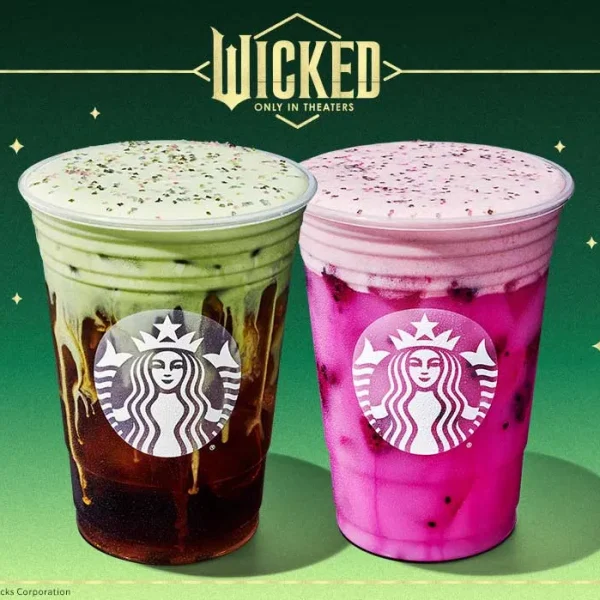
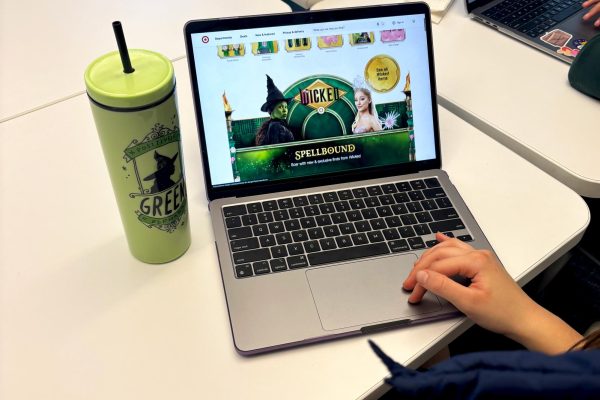
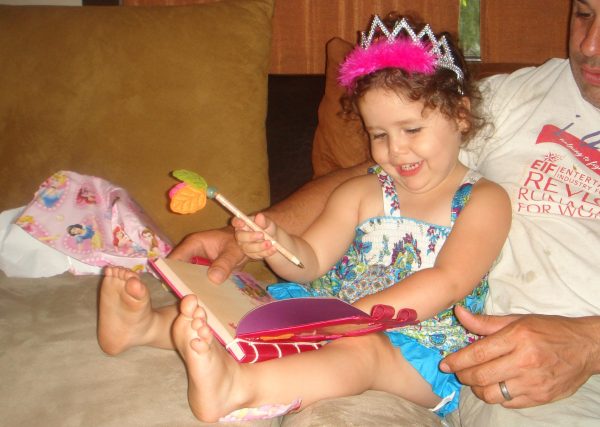
sylvie escande • Feb 14, 2017 at 5:21 pm
Bravo And thank you Stella!
I couldn’t agree with you more!
When I was your age (even younger), my sisters were getting engaged or married, and they always looked at their Prince Charming blushing and fluttering their eyelashes saying : “We complete each other !”
Even in my teenage years i thought it was dumb! What part of them was missing before they met Him???
I am complete, just like you and all of us and we will live completely happy ever after !
Alexandra Chang • Feb 7, 2017 at 8:20 pm
Stella, I really enjoyed reading and learning about Valentine’s Day from your perspective. Thank you for writing such a timely piece! Great work 🙂